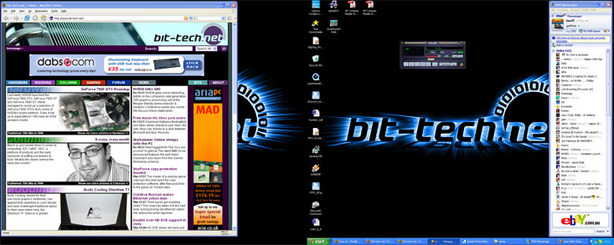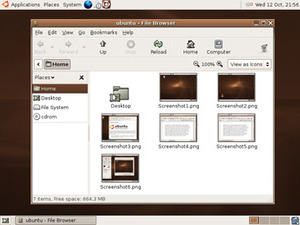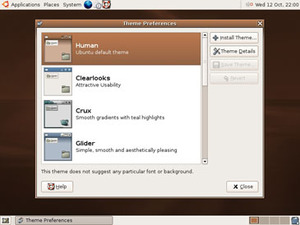Free alternatives to software piracy
March 17, 2006 | 14:53
Companies: #adobe #gnu #microsoft #ubuntu

Operating Systems
Current Favourite: Windows XP ProfessionalPublisher: Microsoft
Retail Price: £246.74 inc vat
OEM Price: £93.87 inc vat
Launched on 25th October 2001, Windows XP replaced both Windows 2000 and the dire Windows ME, unifying the professional and consumer market under the one brand for the first time. For the home user, it represented a considerable upgrade in stability, as the original Windows 95 / 98 codebase was dropped in favour of an evolution of the bulletproof Windows NT technology previously reserved for servers.
As with previous versions, despite the cost of new licenses and hardware upgrades needed to migrate, there was no doubt the majority of the planet would be running Windows XP sooner or later. Whether bundled with their Dell or installed from scratch, a whopping 85% of bit-tech readers use Windows XP.
It has been speculated that Windows XP, like previous versions, was intentionally made relatively easy to pirate in order to achieve a higher penetration in the market. Microsoft would no doubt deny that this is, or has ever been, their policy but the fact remains that by becoming the de facto standard desktop operating system, Microsoft have been able to still make billions of dollars a year through corporate licensing and their Office division (which we will come to next).
After over five years in service, Windows XP will finally be retired at the end of the year. Its replacement, Windows Vista, is expected to be released on 1st December 2006.

Windows XP - boost your productivity with multiple monitors
Alternative: Ubuntu Linux
Publisher: Canonical Ltd / Ubuntu Foundation
Price: Free
Ubuntu is a relatively new distribution of Linux, if compared to old stalwarts like Mandrake and Fedora that have been around for ages. Billing itself as 'Linux for human beings', it's a free download that has gained a cult following for its ease of installation and ease of use. In less than 18 months since release it has become the most popular distro amongst bit-tech readers.
Ubuntu includes the latest Linux kernel, along with a customised Gnome desktop. It also includes some key applications to allow you to get started, including FireFox and OpenOffice. It has support for desktop themes and also includes some basic image editing tools.
If Windows died tomorrow, Ubuntu would probably be Pete's first port of call. It does everything that the vast majority of people need from an operating system and it costs absolutely nothing. It has lower system requirements than Windows and suffers less from viruses and malware due to the improved security functions of the software and the quick-to-fix open source community.
Traditionally, most people are put off by the difficulty of configuring a Linux installation. Thankfully, Ubuntu works perfectly well for the vast majority of people just by installing it with all the default settings. And, because it's based on the general Linux kernel, you can grab standard Linux device drivers from companies like ATI and NVIDIA if the hardware you have in your machine doesn't happen to be supported by default.



MSI MPG Velox 100R Chassis Review
October 14 2021 | 15:04








Want to comment? Please log in.